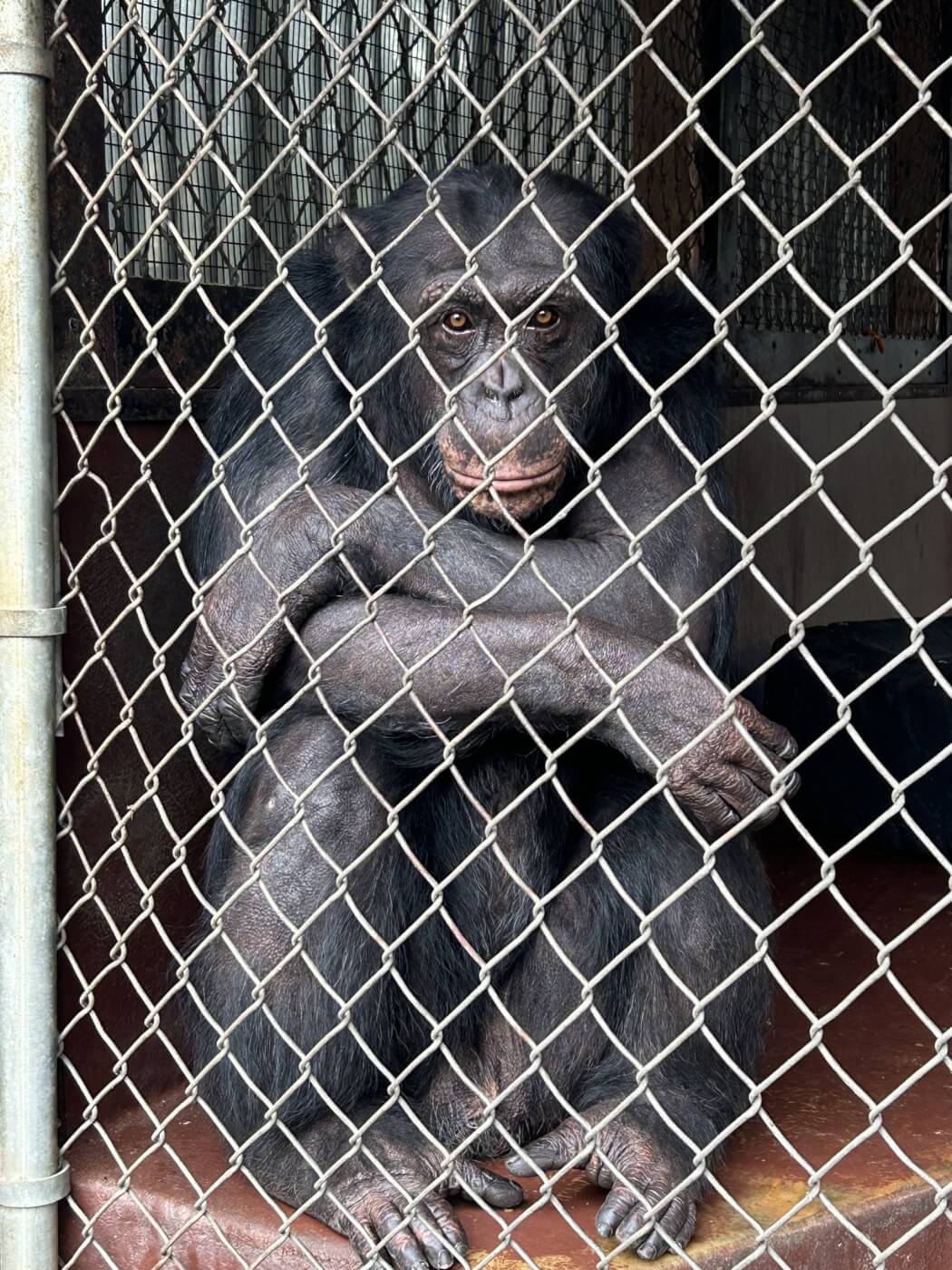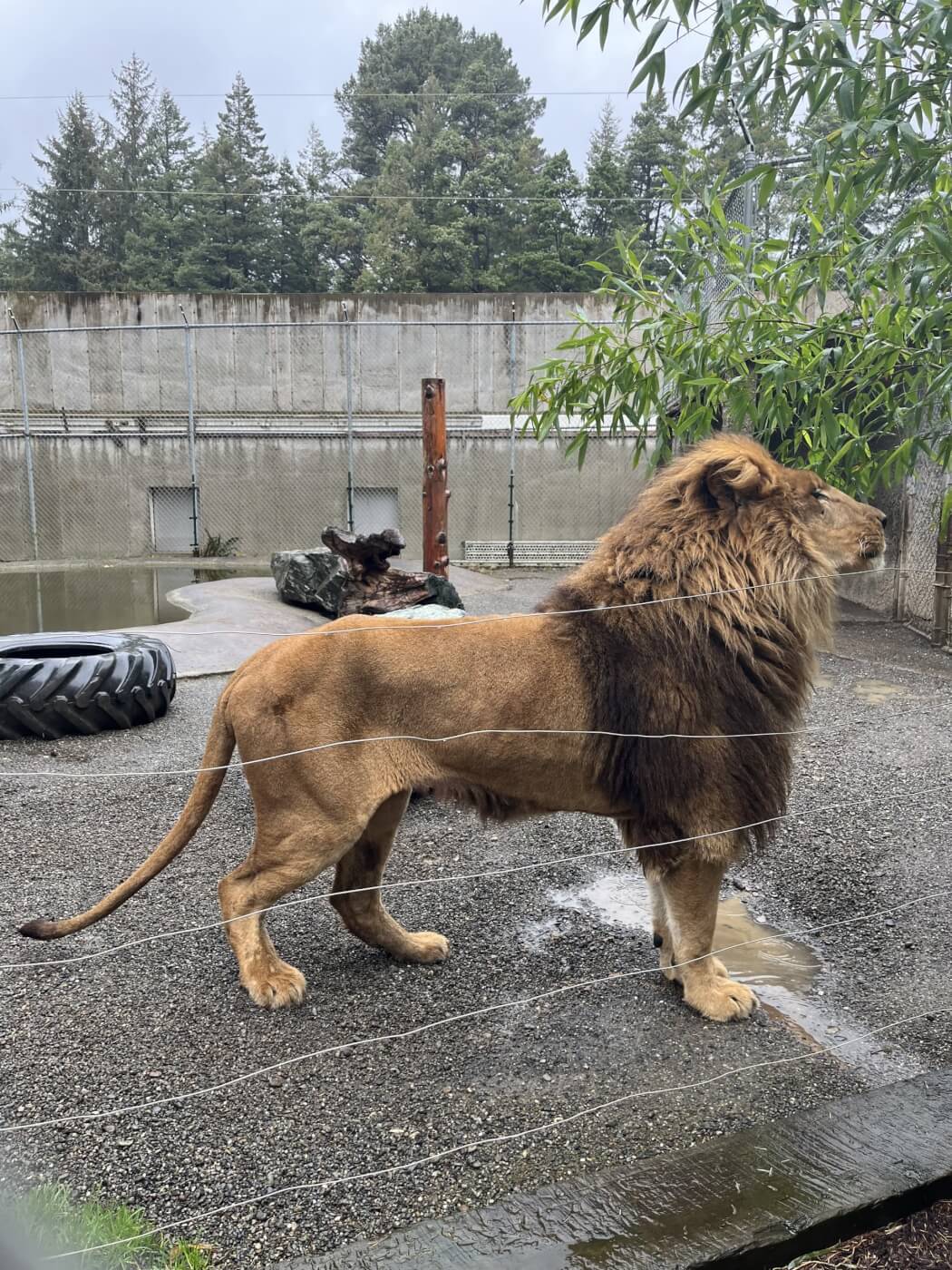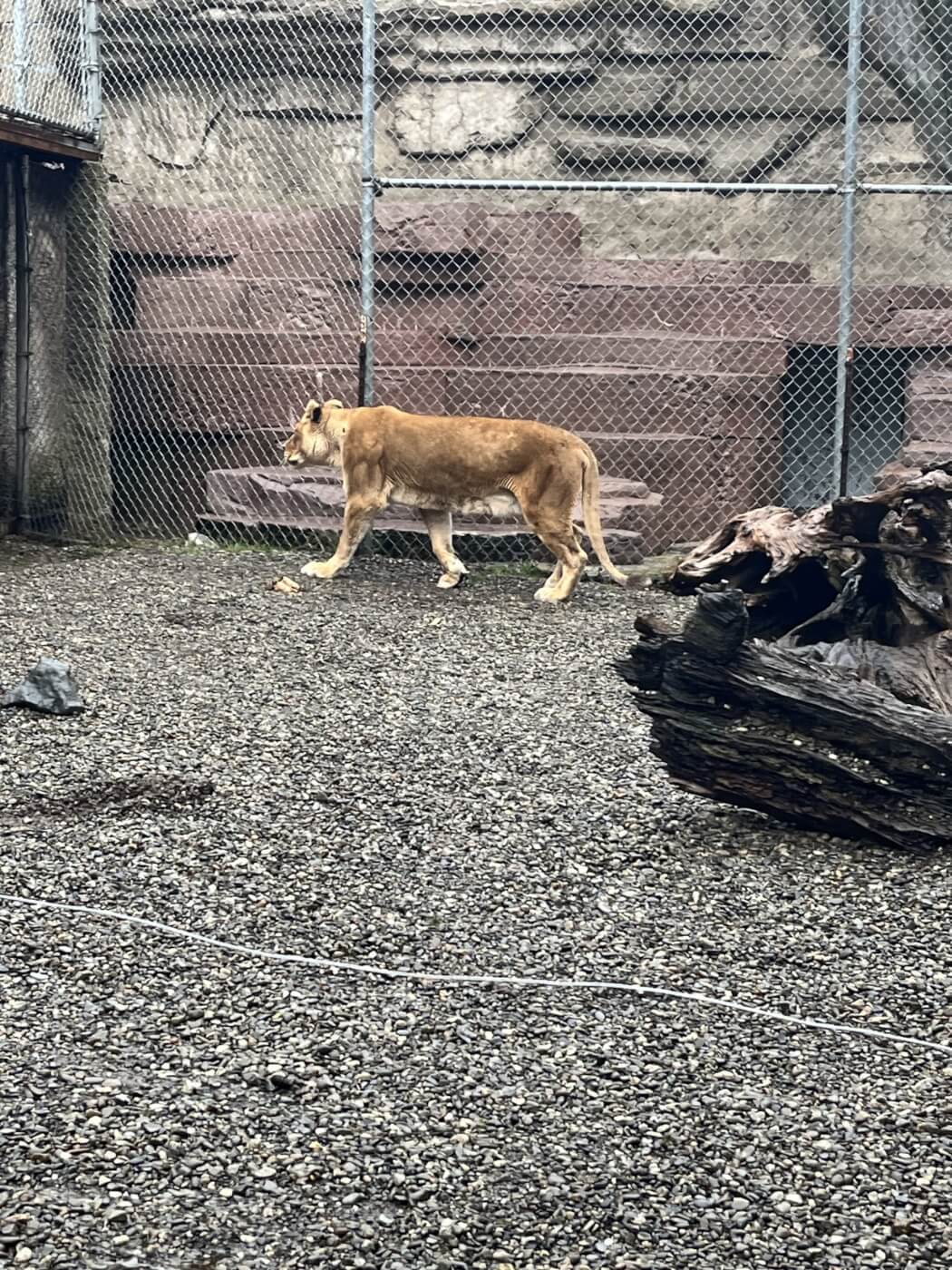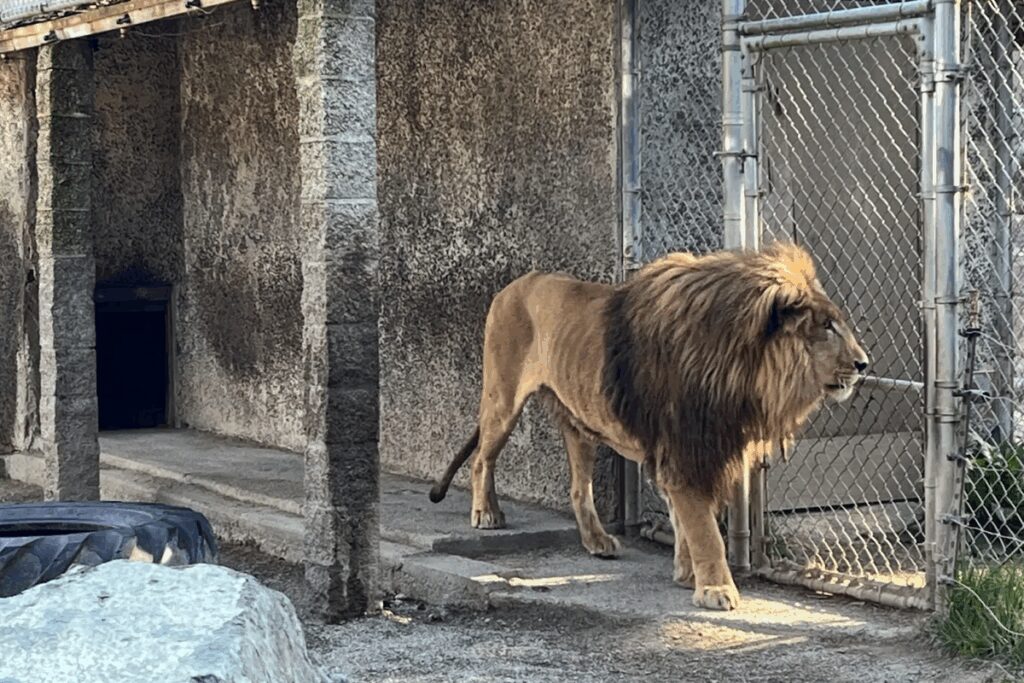Investigation Uncovers Animal Cruelty and Illegal Activities at Oregon Safari Park
Authorities recently uncovered a disturbing scene at a once-popular safari park in Oregon, where hundreds of animals were rescued amid revelations of severe neglect, illegal drug possession, and firearms. The operation also revealed a significant cache of cash and bonds, totaling approximately $1.6 million, alongside dozens of firearms, including modified weapons.
Raids Reveal Systemic Neglect and Criminal Conduct
Earlier this month, law enforcement agencies executed multiple search warrants at West Flee Recreation Park Safari in Bandon, following an extensive investigation into the park’s operations and animal care standards. The investigation was prompted by numerous reports and inspections highlighting appalling conditions, such as malnourished animals and unsanitary enclosures, dating back over a year.
Key findings from the U.S. Department of Agriculture inspections painted a grim picture: animals were often left without proper veterinary attention, some were confined in cramped, unventilated dens, and others were found in frozen storage with turkeys, indicating neglect and poor management. One particularly distressing case involved a tiger discovered in a freezer, a stark symbol of the neglect endured by the animals.
Coos County Sheriff Gabe Fabrizio expressed his shock, stating, “In my 11 years of service, I’ve never seen anything quite like this. The sheer number of agencies involved was staggering-more officers than the entire population of Coos County.”
Inhumane Conditions and Lack of Adequate Staffing
Inspection reports detailed deplorable living conditions for the animals. For instance, a lioness was found confined to a poorly ventilated, cramped den, with inspectors criticizing the park’s staffing levels as grossly inadequate-reportedly, only one staff member was responsible for over 300 animals. This raised serious concerns about the park’s ability to provide proper care and oversight.
Further assessments revealed that the environmental enrichment plans for primates, particularly a solitary chimpanzee named George, were grossly insufficient. Experts likened George’s isolation to human solitary confinement, emphasizing that chimpanzees are highly social creatures that require companionship for their well-being.
“Keeping a chimpanzee alone is akin to imprisoning a human in solitary confinement,” said Debbie Metzler, Senior Director of the PETA Foundation. “These intelligent animals thrive on social interaction, and depriving them of it causes immense suffering.”
Visual Evidence of Animal Suffering



Rescue and Closure of the Park
Following the investigation, authorities relocated all 310 animals to reputable sanctuaries and rescue facilities. The Wildcat Sanctuary, along with its veterinary team, traveled over 2,000 miles to ensure the safe transfer of a diverse array of big cats, including lions, tigers, leopards, and smaller wildcats, to accredited sanctuaries.
“Our team worked tirelessly to rescue these animals from deplorable conditions,” stated the Wildcat Sanctuary. “Every effort was made to ensure their safety and well-being, and they are now in environments suited to their needs.”
Meanwhile, the park itself has been permanently shut down, marking the end of its operations. Despite the rescue efforts, three animals-a camel, a rooster, and a kinkajou-had to be euthanized due to their severe health issues stemming from neglect.
Legal Actions and Ongoing Investigations
Prior complaints from PETA had already flagged concerns about animal cruelty at the park, prompting the authorities to act. During the raid on May 15, officers seized illegal substances, including 80 grams of methamphetamine and eight grams of cocaine, along with 44 firearms-one of which was a modified machine gun-and a substantial amount of cash, bonds, and certificates.
Brian Tenney, aged 52, was arrested on May 27 by Bandon Police and charged with possession, manufacturing, and attempted distribution of methamphetamine. The investigation continues as authorities seek to hold those responsible accountable for their actions.
“This case underscores the importance of strict enforcement of animal welfare laws and the need to shut down facilities that prioritize profit over animal health,” said Metzler. “We call for a complete shutdown of roadside zoos and illegal animal exploiters to prevent future tragedies.”
Call for Action and Future Safeguards
The tragic findings at West Flee Recreation Park Safari serve as a stark reminder of the ongoing issues surrounding roadside zoos and illegal animal exploitation. Advocacy groups continue to push for stronger regulations, increased inspections, and harsher penalties for violations to protect vulnerable wildlife from similar fates.
As awareness grows, more communities are advocating for ethical wildlife tourism and supporting sanctuaries that prioritize animal welfare. The hope is that such efforts will lead to a future where animals are no longer subjected to neglect and cruelty for entertainment or profit.

